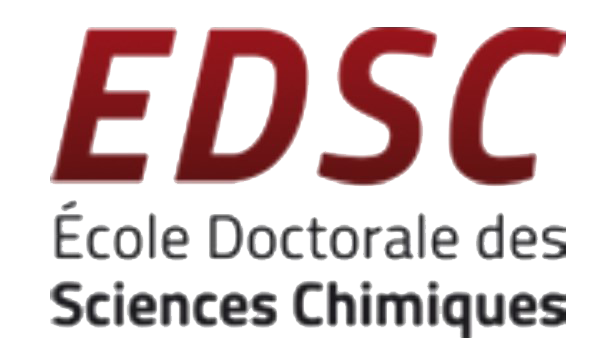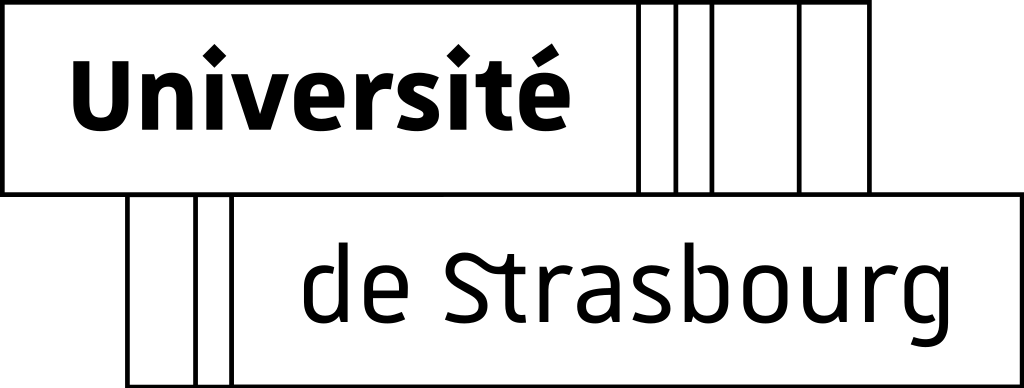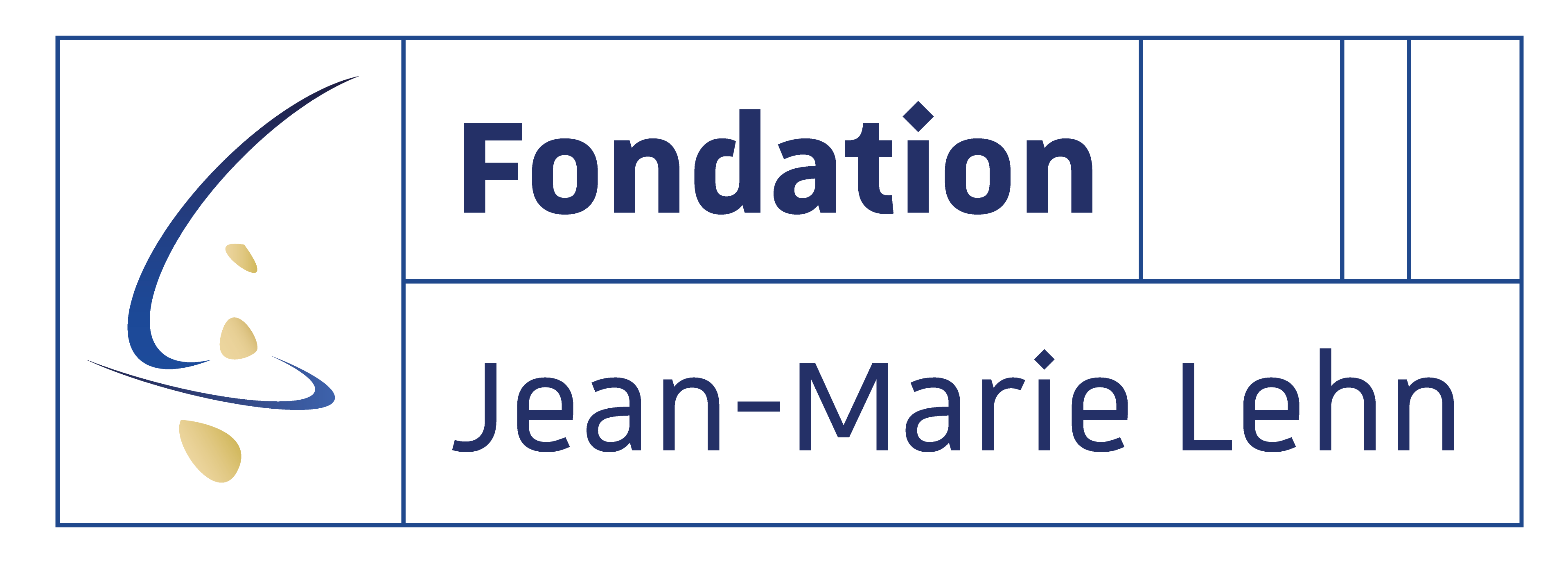Consortium and Governance
SysChem Governance
SysChem director
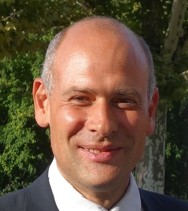
Prof. Paolo Samori,
Director
SysChem Manager
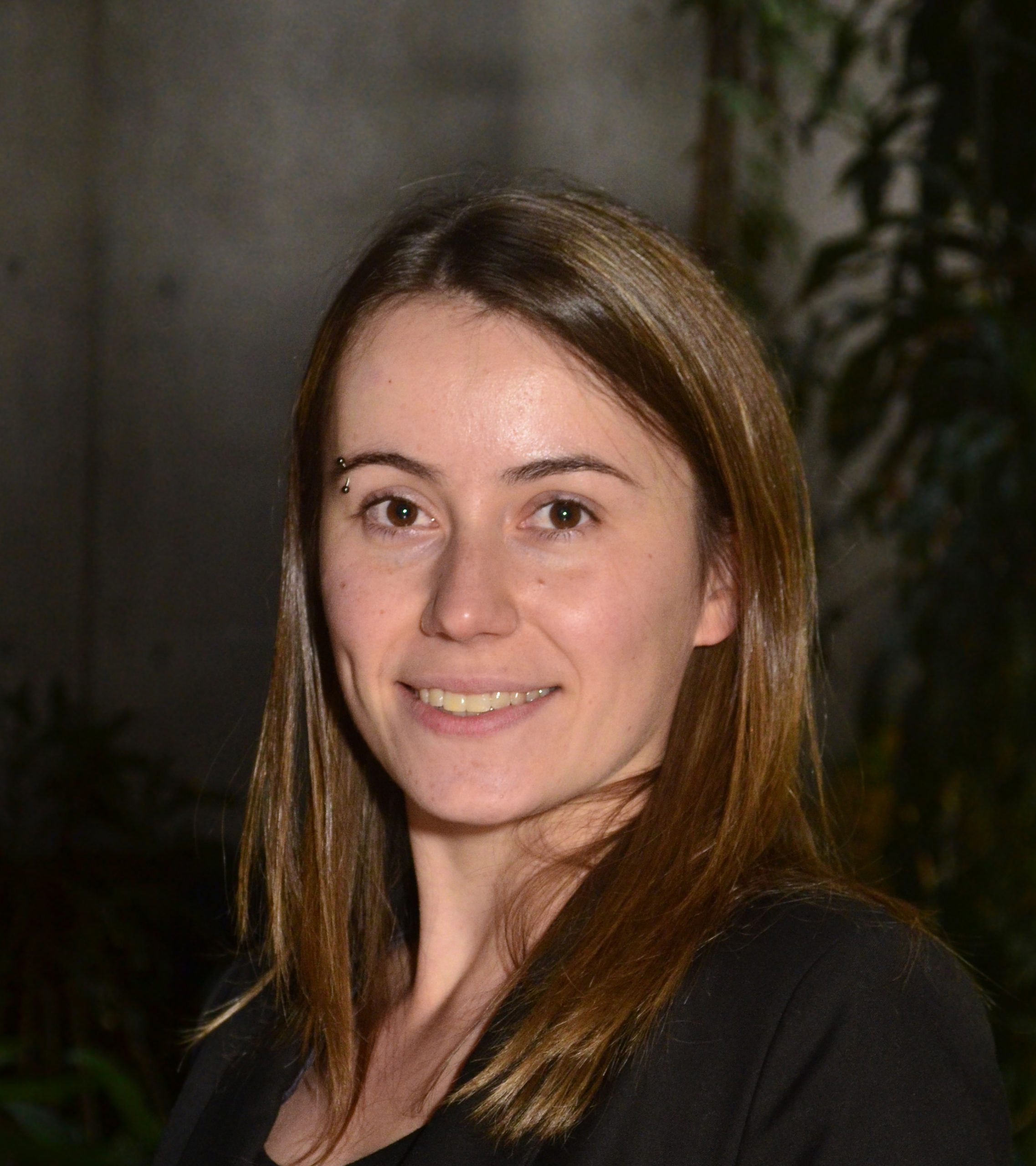
Dr. Stéphanie Loison,
Scientific coordinator
Research units
- Institut de Science et d’Ingénierie Supramoléculaires
- Institut de Chimie de Strasbourg
- Chimie de la matière complexe
- Institut Charles Sadron
- Immunologie, immunopathologie et chimie thérapeutique
- Laboratoire d’innovation moléculaire & applications
- Laboratoire bioimagerie et pathologies
Steering committee
responsible for SysChem’s areas of development and strategic orientations.
- Director of SysChem
- Director of CSC graduate school
- Director of chemistry doctoral school
- Dean faculty of chemistry
- Director of Jean-Marie Lehn Foundation
- Executive committee members
Executive committee
consisting of representatives of the main Strasbourg research institutes involved, who manage the operational implementation of SysChem’s actions.
- Director of SysChem
- Director of CSC graduate school
- Pedagogical director
- Feputy director in charge of education at the faculty of chemistry
- Dr. Jean-François Lutz
- Prof. Vincent Robert
- Dr. Alberto Bianco
- Dr. Giulio Ragazzon
Scientific board
composed of scientific experts, drawn from outside the Strasbourg community, who ensure transparency and an exacting selection of the most innovative projects
- Prof. Ben Feringa (Président), 2016 Nobel Prize in Chemistry, Professor at the University of Groningen
- Robert Gresser, Innovation Consultant – Former VP of Research and Innovation, SOLVAY
- Prof. Herma Cuppen, Professor at Radboud University Nijmegen
- Prof. Jonathan Hall, Professor at the Eidgenössische Technische Hochschule Zürich (ETHZ), Switzerland
- Prof. Manfred Kappes, Director of the Institute of Physical Chemistry at the University of Karlsruhe, Germany
- Prof. Marinella Mazzanti, Professor at the l’Ecole polytechnique fédérale de Lausanne (EPFL), Switzerland
- Prof. Jieping ZHU, Professeur à l’Ecole polytechnique fédérale de Lausanne (EPFL), Switzerland
- Prof. Jürgen Rühe, Professor at the University of Freiburg, Germany
CSC Graduate School governance
School director
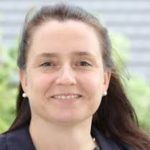
Prof. Petra Hellwig,
Director
Program manager
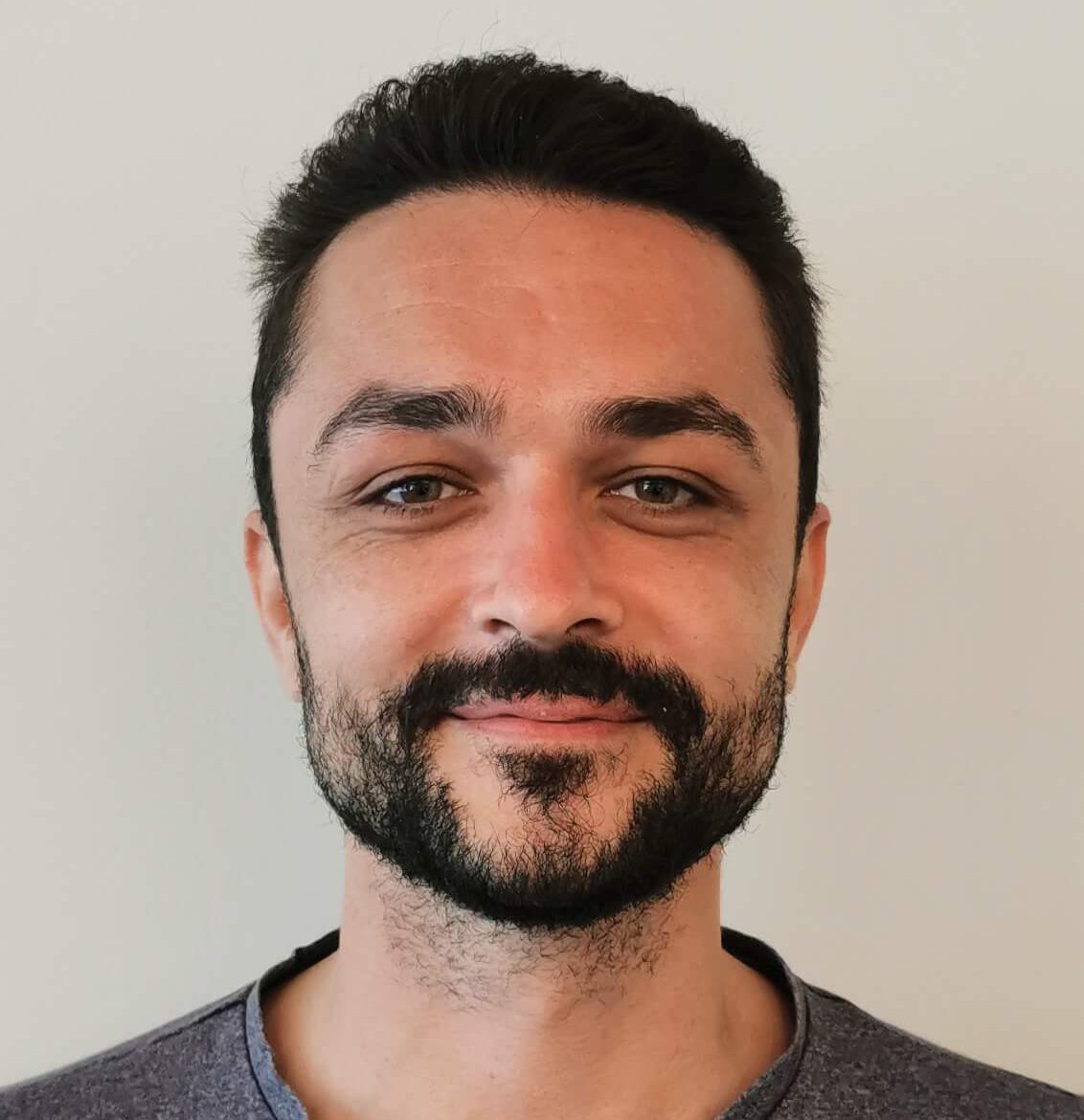
Nicolas Kuhn,
Manager CSC graduate School
Pedagogical Commitee
- Dr. Giulio Ragazzon (pedagogical director)
- Prof. Petra Hellwig (CSC Graduate school director)
- Rachel Schurhammer (dean faculty of chemistry)
- Dr. Valérie Beneteau (deputy director in charge of education at the faculty of chemistry)
- Dr. Guillermo Monreal Santiago (Mentoring director)
Selection committee
- Dr. Giulio Ragazzon (pedagogical director)
- Prof. Petra Hellwig (CSC graduate school director)
- Prof. Rachel Schurhammer (dean faculty of chemistry)
- Dr. Valérie Beneteau (deputy director in charge of education at the faculty of chemistry)
The Jean-Marie Lehn Foundation : a key organisation for SysChem
A structure serving the community of chemistry researchers in Strasbourg, the foundation is responsible for numerous activities essential to the functioning of SysChem:
Financial and administrative management of funds
Management of funding programs
Socio-economic influence and corporate relations
Seeking additional funding through patronage
Find out more about the foundation
The Jean-Marie Lehn Foundation is a development organisation established by the University of Strasbourg and the French National Centre for Scientific Research, the CNRS.
Its missions: to help to reinforce the excellence of the Strasbourg campus in the field of chemistry and its interfaces with physics, biology and medicine, to provide researchers with a leverage effect and to support companies in their strategic innovation and their monitoring of the campus’s laboratories for prospective future technology.
